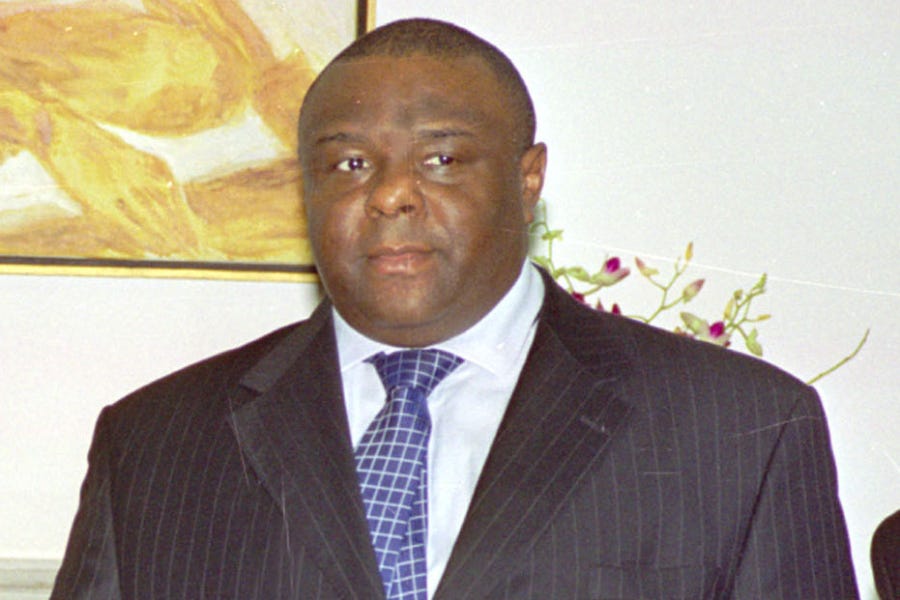Congolese bishops deny ‘coup conspiracy’ claims
The bishops' conference expresses dismay at 'reckless, baseless, and unfounded allegations' made by the deputy prime minister.
Congolese bishops dismissed this week a senior politician’s claim that they are engaged in a conspiracy to topple the country’s President Félix Tshisekedi.

In a June 11 statement, the bishops accused deputy…
